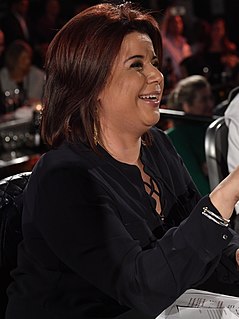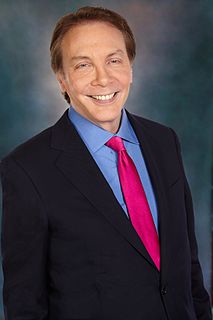A Quote by Ana Navarro
Why am I a liberal? Because I don't forget that I'm an immigrant and that I'm a Hispanic and that I have a Latin accent when I speak English, and I want to defend those who get racially profiled by people who would discriminate against us?
Related Quotes
Well, English is no problem for me because I am actually English. My whole family are English; I was brought up listening to various forms of the English accent. Obviously there are more specific ones that get a little bit tricky. Same with American stuff. But because in Australia we're so inundated with American culture, television, this that and the other, everyone in Australia can do an American accent. It's just second nature.
When I go to Colombia or Mexico, I speak Spanish. When I go to Italy, I speak Italian. When I'm in Germany, I speak German. Would I expect them to speak English in these countries? No. I mean, great if they do, but no. Would I be offended if in Spain they say we speak Spanish? No. If I was an immigrant there, no.
To write or even speak English is not a science but an art. There are no reliable words. Whoever writes English is involved in a struggle that never lets up even for a sentence. He is struggling against vagueness, against obscurity, against the lure of the decorative adjective, against the encroachment of Latin and Greek, and, above all, against the worn-out phrases and dead metaphors with which the language is cluttered up.
Hispanic gives us all one ultimate paternal cultural progenitor: Spain. The diverse cultures already on the American shores when the Europeans arrived, as well as those introduced because of the African slave trade, are completely obliterated by the term. Hispanic is nothing more than a concession made by the U. S. legislature when they saw they couldn't get rid of us. If we won't go away, why not at least Europeanize us, make us presentable guests at the dinner table, take away our feathers and rattles and civilize us once and for all.
Most English speakers do not have the writer's short fuse about seeing or hearing their language brutalized. This is the main reason, I suspect, that English is becoming the world's universal tongue: English-speaking natives don't care how badly others speak English as long as they speak it. French, once considered likely to become the world's lingua franca, has lost popularity because those who are born speaking it reject this liberal attitude and become depressed, insulted or insufferable when their language is ill used.



































